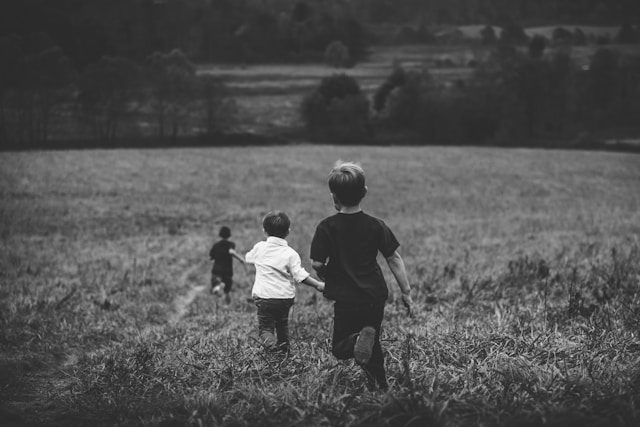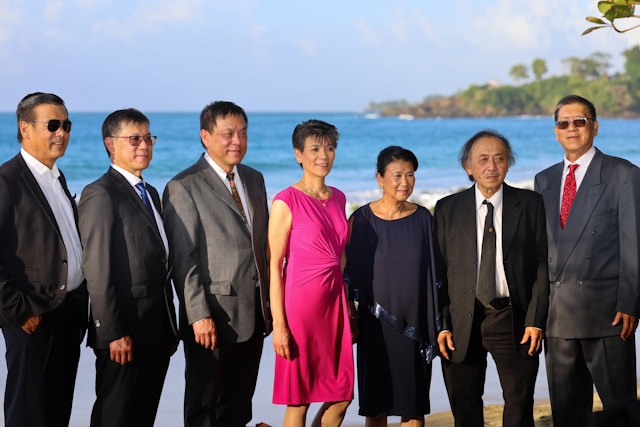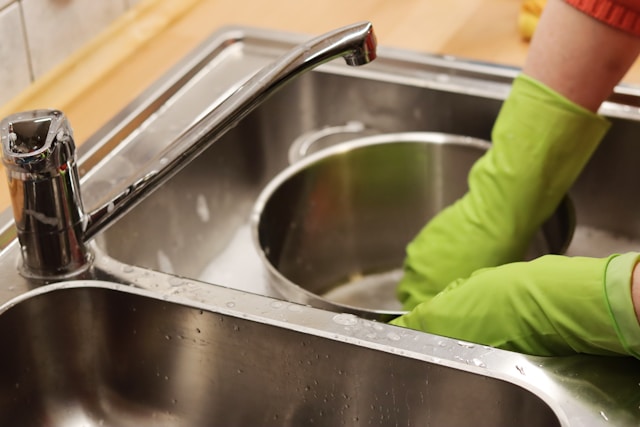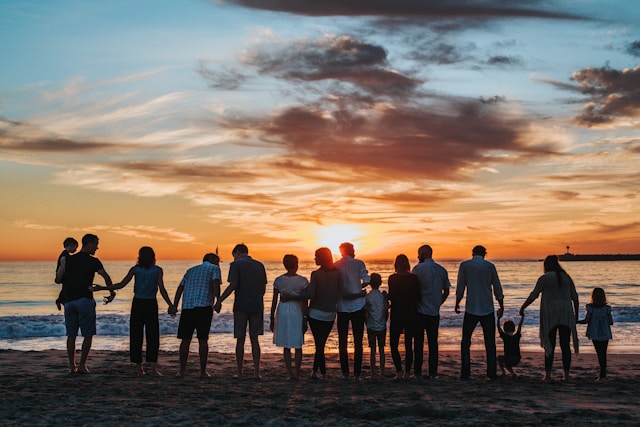Another holiday is approaching.
And you know what that means. Another dip into the family gene pool.
Relatives! In particular, cousins.
Growing up, you had, what? Probably like a dozen cousins, right?
Cousins that you saw regularly. Cousins that you saw once in a blue moon.
But you saw them.
They spanned a spectrum from trolls that sat under the dining room table to the marquee players of the Marvel universe who were occasionally given special dispensation to leave early. Toddlers to teenagers. The “big” cousins who had all sorts of privileges, and maybe even a driver’s licence. The “little” cousins who you were required to build Playmobil villages with. There was always a brief interlude of sheepishness at the start of these infrequent assemblies but that would melt away as shared genetics floated to the surface. This, I figure, is how most G7 summits start: some, circling warily; some, galloping in gleefully before the meeting starts to bubble.
Another dip into the family gene pool.
At Christmas dinner at my Aunt Judy’s there would be six boy cousins in total. They would occupy their time taking slap shots in the carport, inventing games that involved laundry baskets and the staircase, as well as secret forays into the field at the end of the street.

The only two girls present were my sister, Nancy, and me. Our chief holiday activity was to wash dishes. For hours. There were 25 people at one dinner so when I say hours, I mean hours.
On rare occasions, there would be another girl in the mix. She was described to us as a second cousin, once removed. Or maybe it was a second cousin, twice removed – I can’t recall. Frankly, all I cared about was that there would be an extra pair of hands in the sink or drying the pots and pans.
Or maybe it was a second cousin, twice removed.
Along with fiscal policy, inverse vaccines and AI, I’ve never really understood this whole second cousin, third cousin stuff, let alone the “removed”, qualifiers. So, after running through the list of relatives, I decided to map out how it was that we broke bread with this cast of characters. Well, I suppose I should say, how it is that I ended up always washing dishes for this motley crew.
We’re all clear on what a cousin is. Cousins share a common ancestor that’s at least two generations apart. Both your and your cousins’ parents are siblings and their parents are your grandparents. Your sibling isn’t a cousin as there’s only one generation between the two of you – meaning you share a direct parent.

The second cousin designation is based upon how many generations you are from your common ancestor. If you share a common grandparent, you’re first cousins. That’s a two generation distance. Second cousins have great-grandparents in common. This goes back three generations. If you go back four generations and find you share great-great-grandparents, then you’d qualify as third cousins.
Second cousins have great-grandparents in common.
You can sort this out at the dinner table by simply counting the number of “greats” in a grandparent lineage, then adding one to that number. If you share great grandparents, the equation would be 1 + 1 = 2, indicating that you’re second cousins. If you share grandparents, then the equation is 0 + 1 = 1, and you’re shown to be first cousins. This only works if you and your relative are of the same generation. This is where the whole “removed” classification kicks in.
If you and your relative are separated by one generation, then you qualify as “once removed”. If you’re separated by two generations, then the qualifier would be “twice removed”.

So, at long last, I’ve done the math. And this year, I don’t care where you sit on that spectrum, no one is “removed” from helping out in the kitchen.
This week’s question for readers:
ARE YOU AND YOUR COUSINS “BIRDS OF A FEATHER” OR VIRTUAL STRANGERS?
Leave your Comments below!
Register for The Plain Jane newsletter and stay up to date with upcoming contests.
Submissions to last week’s question:
WHAT DO YOU WISH HAD NOT BEEN LEFT UNSAID?
I wish I had asked my four grandparents what their life was like in Poland before they emigrated to Canada in the early 1900’s.
Louise McDonald
I was fortunate enough to have both parents in my life until I was 70. If I was able to say anything to them now it would be to say thank you for their example and for their love for me. We shared “I love you”, always but often just from habit. What I would do differently if I could, is to be a better listener, particularly in the later years. Sadly, we don’t get a redo.
Carol Leukefeld
At the time of her death, I hadn’t spoken to my mom in several years. We had a falling out over a piece of family jewellery. My mom wasn’t equitable in her dealings with her children. It made for a lot of bad blood in the family. I thought there would be plenty of time for us to reconcile but I was wrong. She died unexpectedly of a massive heart attack. Everything ended on a bad note. I was deprived of the opportunity to forgive her or thank her. I live with this grief every day. It was just a stupid ring.
Name Withheld
